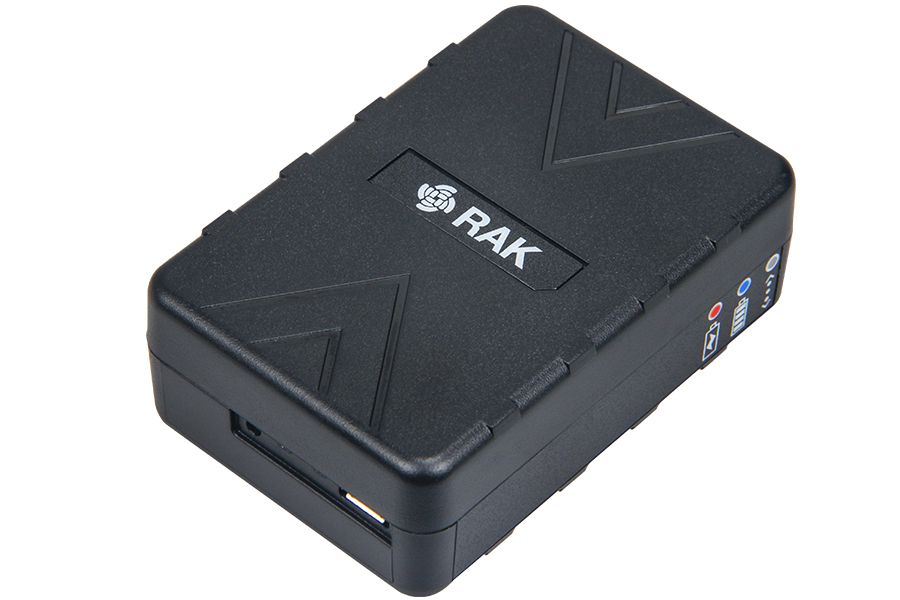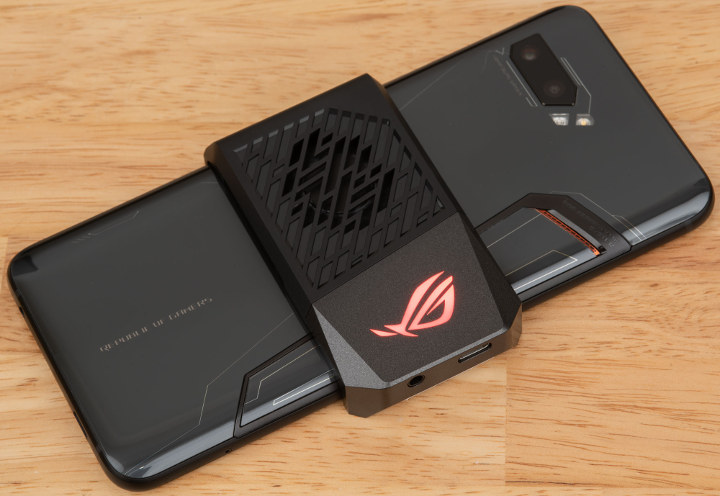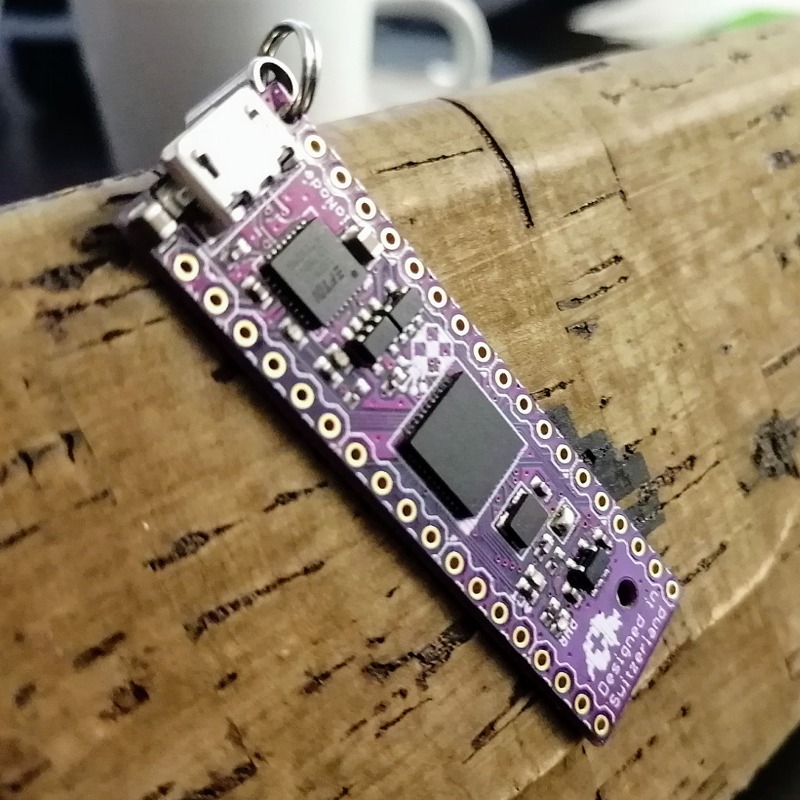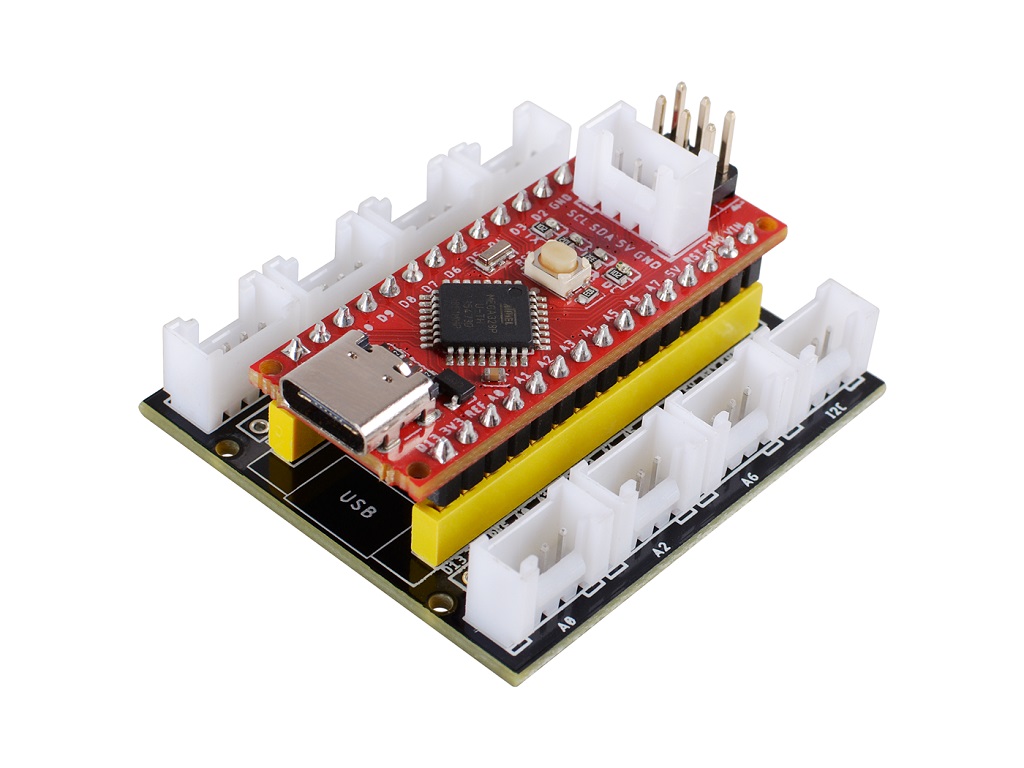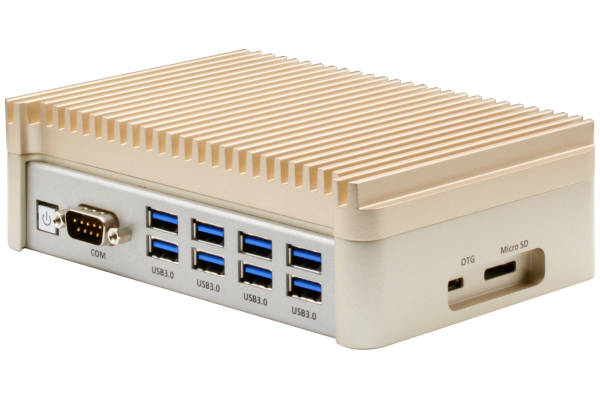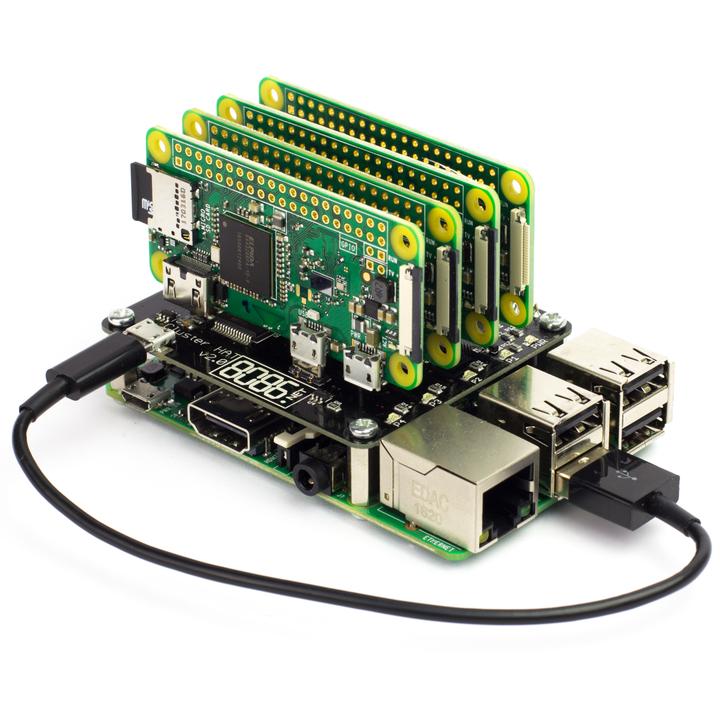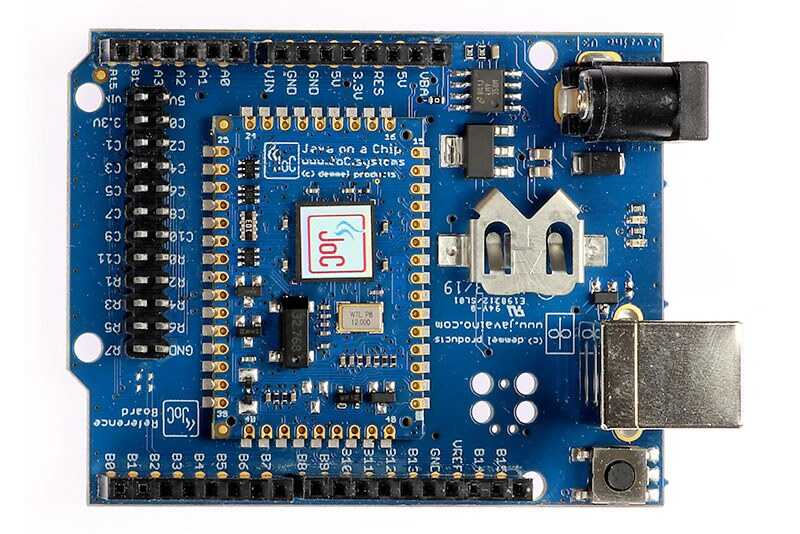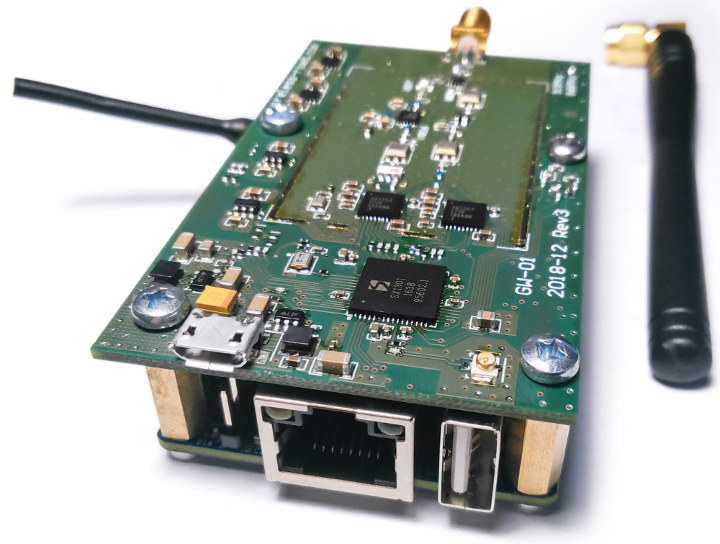RAK7200 is a LoRa Tracker node built around the AcSIP S76G chip. It integrates the ultra-low-power STM32L073 micro-controller, the SX1276 LoRa long range modem, and the CXD5603GF GPS receiver. The RAK7200, being a fully functioning LoRaWAN device, is particularly suited for IoT applications. Such as asset tracking, smart vehicle management, location-based service, etc. According to the device manufacturers, RAKWireless, a leading Chinese IoT solutions company, based in Shenzhen, RAK7200 requires minimal setup. Just pop in the included battery, close the housing and you can start sensing your GPS data over LoRaWAN. Furthermore, there are sensors built-into the board: a 9-axis accelerometer and pressure sensor. The new GPS Tracker node is an upgrade over the company’s earlier offering in the GPS tracker space, the RAK7205. Now, the earlier version, the RAK7205, was mostly aimed at developers, with its larger more robust casing and solar panel. But the RA7200 is more of […]
ASUS ROG Phone II with Snapdragon 855+ | High Performance Gaming Phone
ASUS officially announced the launch of their new gaming phone, the ROG Phone II. The device will become the world’s first gaming phone to be powered by the new Snapdragon 855 Plus Mobile Platform. ASUS first gaming phone, the ROG Phone, launched in 2018, and it was quite popular. This ROG Phone II is an improved upon version of the first one. A unique feature of the new device is the Kryo 485 CPU in the Snapdragon 855 Plus. The CPU will run at up to 2.96GHz — a 4.2% improvement compared to the 2.84Ghz of the Snapdragon 855, while the Adreno 640 GPU is clocked 15% faster than in the current Snapdragon 855 Mobile Platform. Specifications of ASUS ROG II phone Here are the highlights of the features and specifications. Display 120Hz FHD+ AMOLED display 240Hz touch sampling rate, 49ms touch latency (compared to 87ms on the Samsung Galaxy […]
Dooba ioNode Microchip AVR Development Board Comes with a C programming SDK
The new Dooba ioNode development board is multifunctional and can be used for projects with space limits. The board features Microchip ATMEGA1284P AVR microcontroller, Dooba’s open-source embedded development ecosystem boasts of a variety of add-on modules which provide the board with increased functionality. These modules will work perfectly with the board and with any project that supports an SPI interface. Some of these add-on modules are: An Aecho MP3 player Nomad LiPo battery Inpad user input module MicroSD socket in SIP or DIP versions The development board is available with either male or female headers. It is also shipped with an IOPROTO prototyping board. You can also choose whether you want the headers already soldered on the top, bottom, or not soldered. The ioNode also features a USB port with USB-UART for programming. Specifications of the Dooba ioNode Core CPU Clock: 10MHz Flash: 128 Kb RAM: 16 Kb I/O 29x […]
$6.90 Seeeduino Nano Board | Compatible With Arduino Nano
Seeed Studio has announced the release of yet another compact board. The new board, Seeeduino Nano, is quite similar to the Arduino Nano board, and fully compatible. Another thing about the new board is that it has some different features. Seeeduino Nano comes with only one on-board Grove connector, but it can be expanded with the optional Grove shield adding 8 Grove connectors. More precisely, the shield has 3 Grove digital connectors and 3 Grove analog connectors, as well as 1 Grove I2C connector, and 1 Grove UART connector. Program Code Firstly, the Seeeduino Nano is built around Atmega328P 8-bit AVR microcontroller. This is the same as the Arduino Nano board, meaning you can use the same program code on both boards. There’s no specific Wiki for Seeeduino Nano, but it’s similar, albeit much smaller than the well-documented Seeeduino V4.2. Price of the Seeeduino Nano Board The board is […]
AAEON Launches BOXER-8150AI Compact Embedded Box PC Features 8 USB 3.0 Ports
The new compact embedded solutions’ addition to the BOXER-8100AI family is specially designed for artificial intelligence (AI) support. According to its makers, AAEON, it has a configuration of eight USB 3.0 ports made available through four USB controllers chips. This makes it perfect for a wide range of computer vision applications, some of which are visual inspection, quality control, and facial recognition. Now, each USB chip controls a pair of USB 3.0 ports. By dedicating one chip to one pair of ports, each chip handles less data traffic overall. This also improves bandwidth from connected devices and allows the BOXER-8150AI to maximize speeds and framerates of AI image processing. The product is currently in stock and available for purchase on AAEON online store for $1,142.00. Key Features of BOXER-8150AI Nvidia TX2 Module HMP Dual Denver 2 + Quad ARM A57 8GB LPDDR4 32GB eMMC 5.1 HDMI 2.0 8x USB […]
Cluster HAT Interfaces up to 4 Raspberry Pi Zero to Raspberry Pi 2/3/4 Board
Cluster HAT is a solution to the problem of building cluster computing. Distributed computing is difficult already, and this tiny hardware kit is one answer to the problem. Although building a computer cluster is not that easy, it is one of the most impressive Raspberry Pi projects. Why Cluster HAT? The Cluster HAT (Hardware Attached on Top) interfaces a (Controller) Raspberry Pi A+/B+/2/3/4 with 4 Raspberry Pi Zeros. It is configured to use USB Gadget mode. Also, it is an ideal tool for teaching, testing or simulating small scale clusters. Cluster HAT leverages the flexibility of Raspberry Pi by allowing programmers to experiment with cluster computing. It is important you know that the HAT does not come with a Raspberry Pi or Pi Zero. The two are purchased separately. Pimoroni, the manufacturer, provides assembly and control instructions on its product page. Also, they explain 3 ways of setting up the […]
Javaino JoC Reference Board & Module Bring Java to the Embedded World
There is a Java-programmable module on the block. The module is going to change the face of programming and make things easier. The Java-on-Chip (JoC) module was designed by the Austrian manufacturer, Demmel. This module minimizes programming and development time of smart applications. The first thing to remember is that commercially embedded systems are developed with programmable languages, and they typically employ the use of either the C language or assembly. However, Demmel has made this new module and board specifically for Java programmers. The Java-programmable module is designed to work with the Javaino JoC reference board. Another thing about the JoC module is that it radically shortens development times. Furthermore, it simplifies PCB design efforts and also reduces programming effort. Also, the Java-programmable module comes as a tiny 24 × 36-mm module. As a matter of fact, it offers a diverse selection of interface options. Now, these options can […]
M2M-IoT GW-01 LoRaWAN Gateway is equipped with Orange Pi Zero H2+ SBC
M2M-IoT has developed a new LoRa gateway. The gateway, GW-01, is based on Orange Pi Zero H2+ board. While it is new, it has a lot of useful features. The new GW-01 gateway operates in the 868MHz or 915MHz LoRa frequencies and has -139 dBm sensitivity. Furthermore, the GW-01 is fully functional. It is also an open source low-cost solution to developing a LoRaWAN network. In addition, the gateway supports both OpenWrt, and Armbian distributions, and you’ll find documentation for both on Github. Another great thing about the gateway is that it has two boards. Also, the first board, which is on top, is based on SX1301. This 8 channel LoRa concentrator implements the LoRa physical interface. Now, the second board is at the bottom. It is also the model that the whole gateway was based on. This board is the OrangePi Zero H2+ 256MB (RAM) development board. The gateway […]


